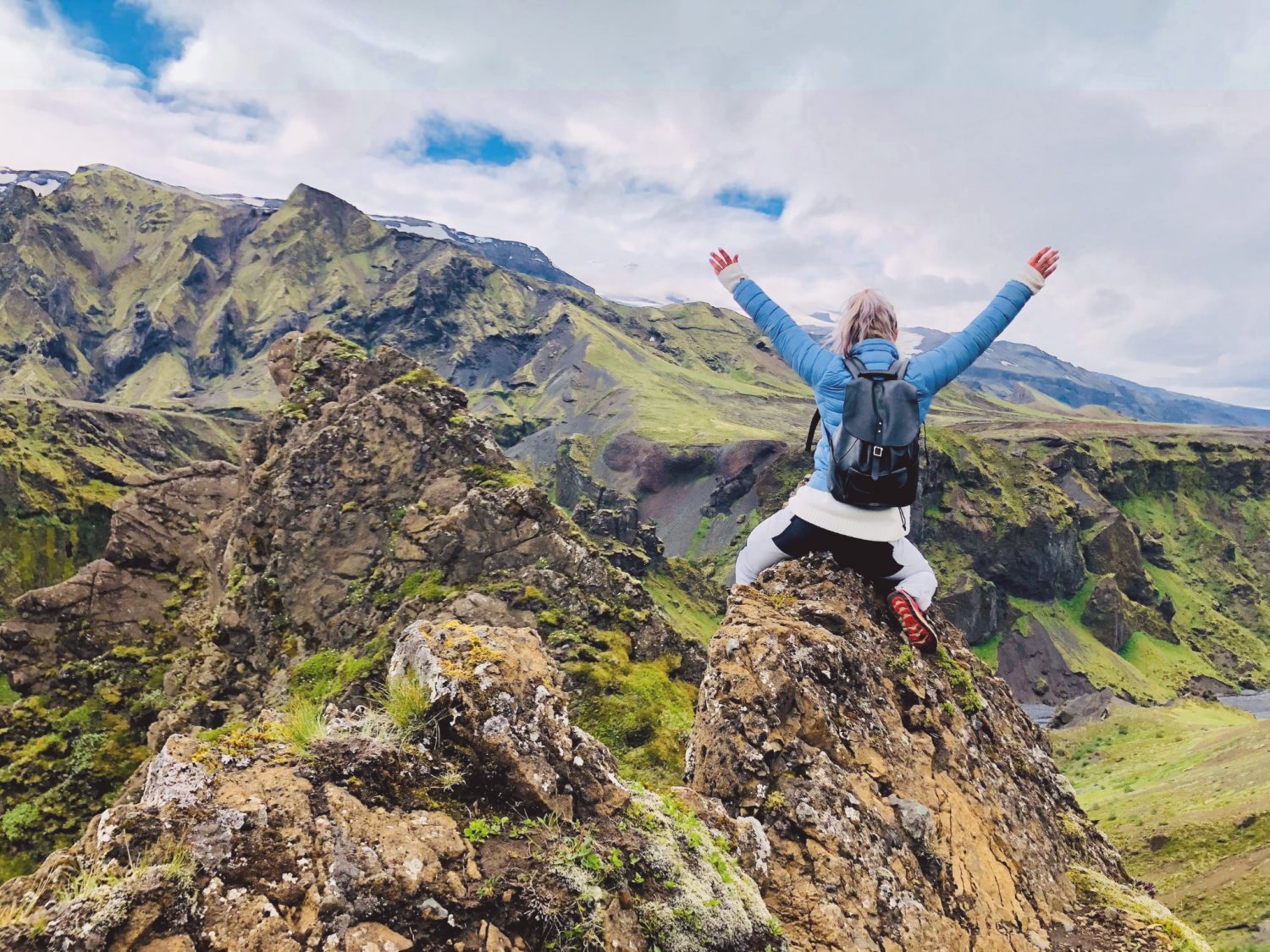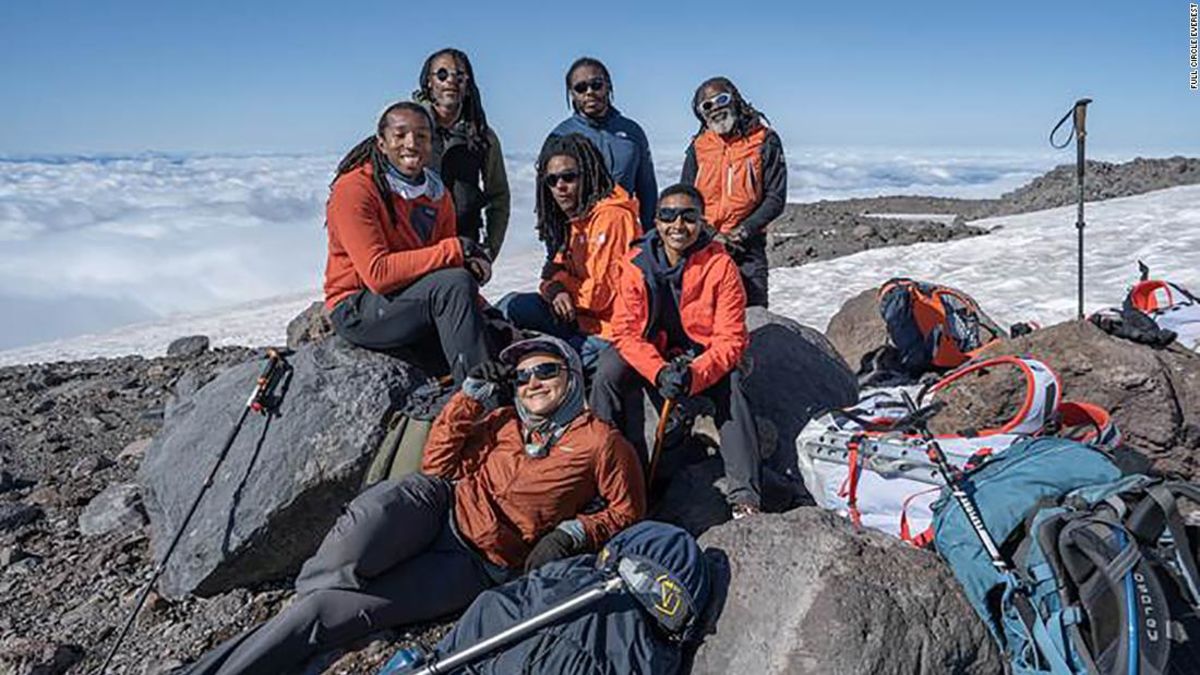

People climb mountains because it is a difficult task. They take delight in overcoming obstacles. The obstacles in climbing a mountain are physical. A climb to a summit means – endurance, persistence and willpower.
Why do we climb these mountains
The physical health and fitness benefits are huge
Not only will you build incredible strength and endurance from climbing mountains (consistently), but you'll also find that your diet becomes better. You're also going to find that unhealthy food will not fuel you properly.
Why do people love climbing mountains
Climbing can be hard, but it's the most rewarding thing many of us have ever done. It takes us to places of incredible beauty, and it challenges us to find untapped reserves of strength and resourcefulness. It's also just plain fun, if you don't mind putting out a little effort.

Why do climbers climb
For some, it's just about being outside. For others, they want to keep fit. Climbing can fight depression, increase motivation, and help deal with problems and challenges in life. And like anything challenging, the rewards of completing a climb fuel a satisfaction in oneself unlike any other.
Why do people climb mountains essay
Mountain climbing is an expedition that brings you closer to nature and helps you connect with it closely. Furthermore, a person who decides to do mountain climbing has already accomplished and overcome his fear. It is an activity that teaches a lot about facing challenges and overcoming our fears.
Who do people climb mountains
A mountaineer is a person who climbs or hikes mountains.
What are the 5 benefits of mountains
Here are some of the advantages of living in these places:
- Breathe Fresh Air. Being on the mountaintops allows you to live far from pollution and experience air that is free of toxic gases.
- Lower Risk of Heart Diseases.
- Stay Active.
- Feel at Peace.
- Enjoy the Northern Colorado Mountain Life!
Why is climbing so fun
Climbing is way more fun than exercising on any gym equipment. It works both your mind and body. Best of all it trains you to be creative and think out of the box. It's also an ongoing competition with yourself as you aim to improve your performance.
Why is climbing so addictive
What Makes Rock Climbing So Addictive. Since rock climbing is a form of intense, full-body exercise, it can produce endorphins, adrenaline, dopamine, and other positive hormone releases.
Why are mountains important 3 reasons
They're also loved for their beauty, and revered for the great physical challenge they present to those attempting to scale them. But one aspect of mountains is often overlooked: their power as a water, food and energy supply. In fact, more than half the world's population benefits in some way from their resources.
Why do I love the mountains so much
You've learned about peace from mountains
You find deep peacefulness when spending time on a mountain. It is a unique feeling of calm and tranquility that you need to experience to understand. It filters through you, and stays with you for a time after you leave.

Do mountains make people happy
Studies and anecdotal evidence show living in the mountains offers much more than breathtaking views and soaking up the scents and sounds you can only experience outdoors. Spending extended periods of time at a higher elevation also promotes health and happiness – and perhaps even a longer lifespan.
What are positive things about mountains
Mountain living inspires more physical activity, which increases dopamine and serotonin and improves your mood. Activity at higher altitudes burns more calories, supporting a healthy weight. Initial studies have shown mountain living might lead to lower risks of heart disease.
What is special about mountains
They define landscapes, people risk their lives to climb them, and they can even make their own weather. The mighty chunks rise all over the world, including the oceans. They usually have steep, sloping sides and sharp or rounded ridges, and a high point, called a peak or summit.
How does climbing make you feel
The longer you climb, the more your brain zeroes in on the physical movements, the problem-solving, and the exertion. You're not really even thinking, but your body knows what to do. By the time you finish, you feel tired but good.
